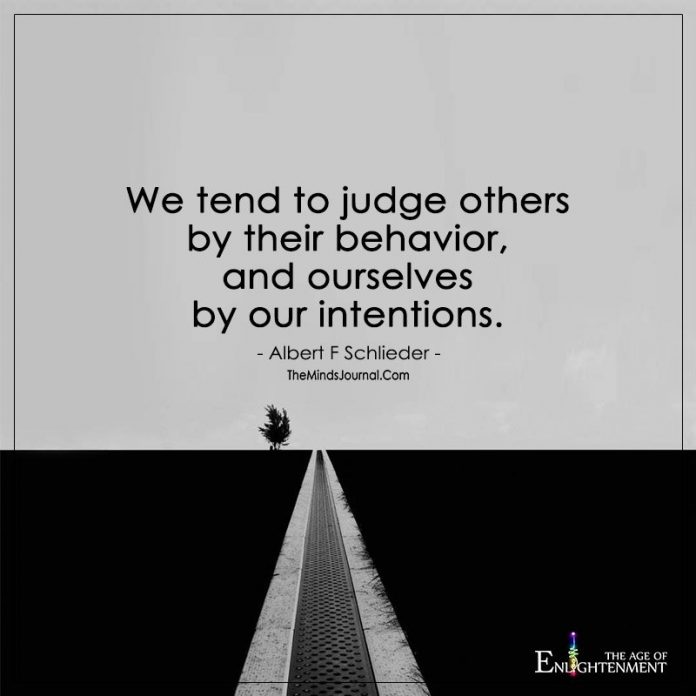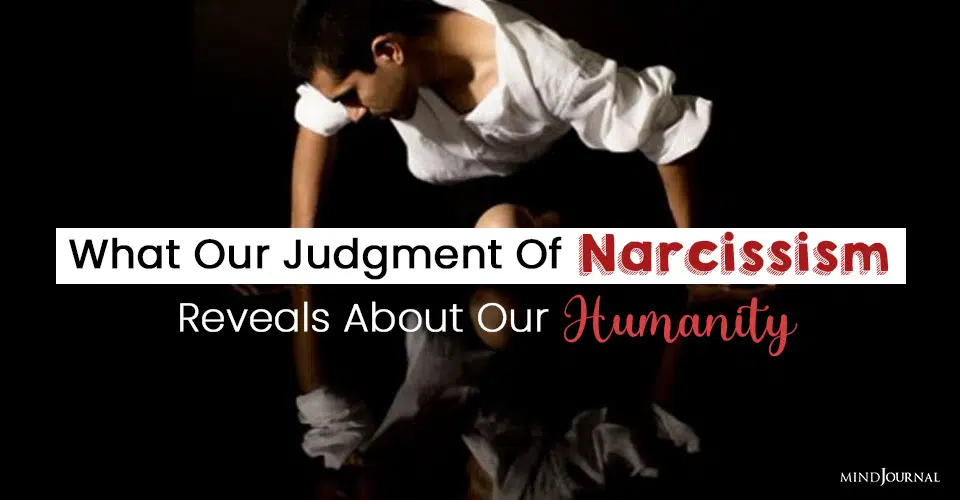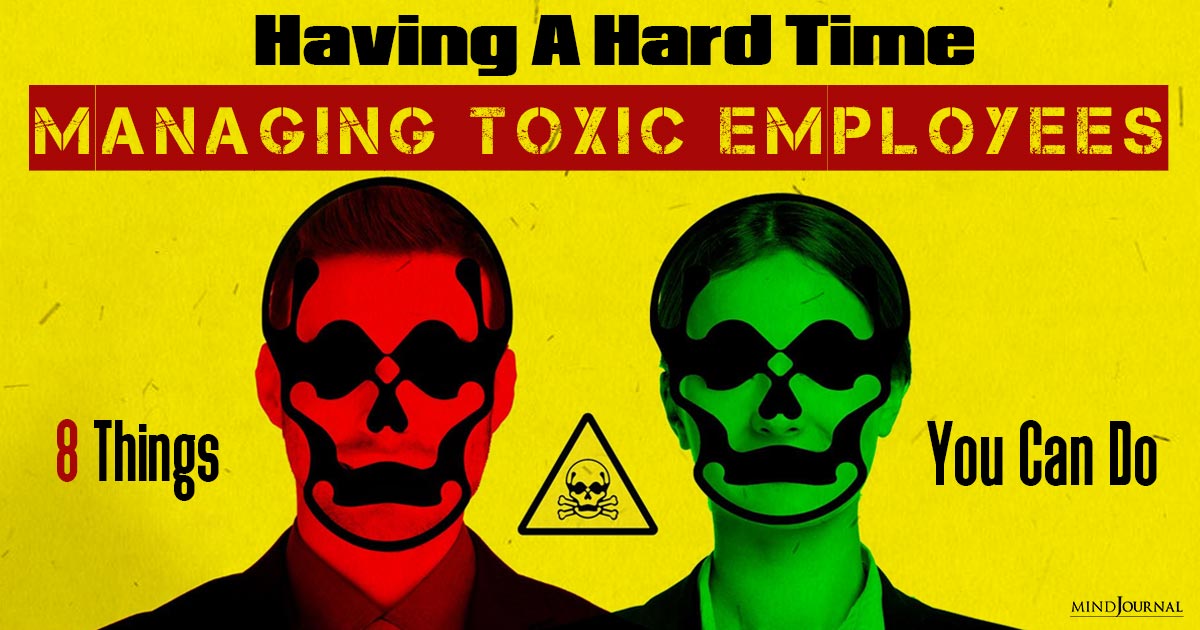Narcissism finally has the center stage it’s always craved. Narcissism is a process by which an individual feels shame or low self-worth and compensates through being grandiose or lashing out in the face of any criticism that may trigger negative feelings. And we can’t seem to get enough of narcissism these days.
Whether it is debating Donald Trump’s personality, trying to understand the behavior of a loved one, determining how narcissism may manifest amongst business leaders, or just having some fun discussing our favorite movie or television characters, we are trying hard to figure out what narcissism is, who has it, and how it may impact us.
People who struggle with narcissism can suffer greatly. And the grandiosity and defensiveness that many people employ to defend against feelings of shame are unsuccessful leaving narcissistic individuals often consumed with feelings of self-loathing. In the most extreme cases, individuals who have Narcissistic Personality Disorder (NPD) may also suffer from co-morbid conditions such as depression, anxiety and substance dependence.

Our fascination with narcissism is understandable because of the impact they can have on the individuals around them. People who struggle with narcissism can be incredibly toxic in relationships. It can be difficult to tolerate the grandiosity that comes with narcissism, as it often feels that individuals are making themselves look impressive in contrast to and at the expense of others.
Also read Do You Have Type A Or Type B Personality? QUIZ
People who struggle with narcissism may be intentionally or unintentionally manipulative as they try to bolster a fragile sense of self. They may also experience less empathy for others as they can be preoccupied with their own needs.
In theory, the more we understand narcissism, the ways it manifests and how it can be managed, the more likely we are to improve the lives of those who struggle with it and those closest to them. And yet often, the discussion of narcissism turns from curious to critical. In the most extreme cases, we harshly judge and condemn people who struggle with narcissism.
They are portrayed as inhuman – evil, “malignant” and beyond redemption. And it is very tempting to indulge in that portrayal. And while this assessment is understandable, and may be a necessary part of the evolving discussion on narcissism, it is ultimately more harmful than helpful to everyone involved. In a sense, we are showing an extreme lack of empathy towards people we accuse of lacking in empathy.
The issue of our judgment of narcissism has been nagging me since my recent discussion with Mark Greenway of the band Napalm Death on the Hardcore Humanism Podcast regarding humanity, and how people with different political positions treat each other. Greenway identified a “crisis of humanity” that was partly based on our prioritizing political affiliations and symbols such as flags over human beings.

“This emphasis on symbols like flags is really to the detriment of human beings because it’s something that is inanimate that sometimes becomes the battering ram that we use…,” Greenway told me.
The rage and anger that many people have towards others with differing political affiliations feels familiar – eerily similar to the stigma facing people with narcissism and mental health conditions in general.
Also read The Animal You See First Reveals Secrets About Your Personality
Stigma of mental health issues is damaging for several reasons.
First, people who endure mental health issues already struggle with significant emotional pain that can have severe personal, social, work and even physical health consequences. The stress of experiencing stigma in the form of ridicule and criticism only adds to the damaging effects of mental health conditions.
Second, this stress can often result in emotional avoidance whereby the individual with mental health conditions tries to suppress their experience – which tends to make their symptoms worse rather than better. Finally, individuals who experience stigma of mental health issues are less likely to seek out treatment. When considering the impact of mental health conditions on well-being and the potential for treatment to help, anything that creates a barrier to care is an important public health issue.
Thus, it is critical that the conversation regarding mental health issues such as narcissism shifts from one of stigma and condemnation to support and compassion. We need a strategy that allows us to feel protected from the harmful effects of narcissism and other mental health issues so that we can be free to be more understanding and help either ourselves or others cope and heal.
Here are some possible ways forward that could aid in understanding people with narcissism
First and foremost – and taking a cue from Greenway — we need to center ourselves in our own sense of humanity. Our greatest asset in being kind and compassionate to ourselves is simply our commitment to do so. We need to be grounded in the notion that we want to treat ourselves and others as humanely as possible, even if it is difficult and feels threatening.
Part of what might make this process easier is recognizing that many mental health issues can be understood on a continuum, rather than as a discrete disease. This is the case with narcissism; research suggests that narcissism is best understood as a continuous process rather than a discrete, separate factor. An understanding of the continuity of mental health conditions in general and narcissism in particular may allow us to think twice before assuming that someone we label as narcissistic is inhuman when the evidence suggests many of us may display narcissistic tendencies.
But if we are going to be more compassionate to ourselves and others with narcissism, we must start by being understanding and validating that in dealing with our own narcissism or the narcissism of others is frightening and threatening. We will have lapses in empathy and compassion – especially when dealing with people who we feel are manipulating or otherwise hurting us. Research suggests that this type of self-compassion may be protective against the effects of low self-esteem on our mental health – the very type of low self-esteem that we may experience with narcissism.
Also read The First (and hardest) Step To Healing From Narcissistic Abuse
To be sure, being compassionate does not mean being vulnerable and unprotected. The goal is not to be kind and gentle en route to being demeaned, exploited or humiliated by interactions with people who suffer from narcissism. Setting boundaries is needed. But let the boundaries be based on what behaviors we find acceptable or unacceptable, rather than through labeling someone or ourselves with a mental health condition.
So, absolutely call someone out for lying, being grandiose, unempathic, or hurtful in any way. Let them know that this behavior will not be tolerated, and either create distance in or end a relationship that feels manipulative, abusive or otherwise unsatisfying. Specifying the harmful behaviors may be both more validating to us and more effective in leading to change than simply calling them a “narcissist.” In fact, the setting of boundaries may be what allows us to be more compassionate. And if we are less threatened, we are more free to be empahic and kind.
Ultimately, if we can ground ourselves in our humanity and compassion, be kinder to ourselves and others while protecting ourselves from the harmful effects of narcissism, we may be less likely to need to reinforce the stigma of narcissism and mental illness in general. This will potentially reduce the stress on everyone involved and also free up people who struggle with narcissism to seek help to address feelings of shame, low self-worth and the harmful compensatory strategies that emerge.
Remember, whether we like it or not, mental health issues are one of the factors that unites us as most people at one point in their life will struggle with a mental health condition. When we reduce stigma and promote compassion, we recognize and reinforce our own humanity.
Please share this article with anyone who you may think will find it valuable and helpful. Thank you very much! I greatly appreciate it!
Written by: Michael Friedman, Ph.D Originally appeared on: Hardcorehumanism.com Republished with permission









Leave a Reply
You must be logged in to post a comment.